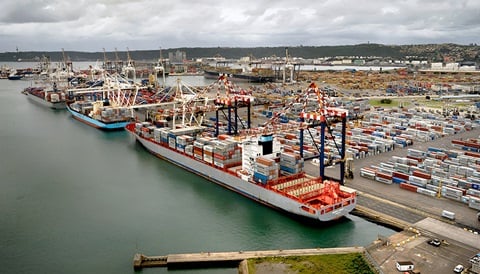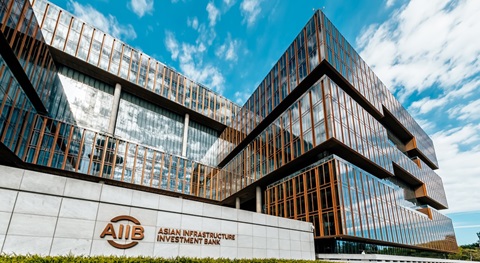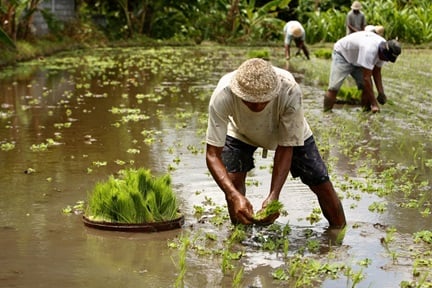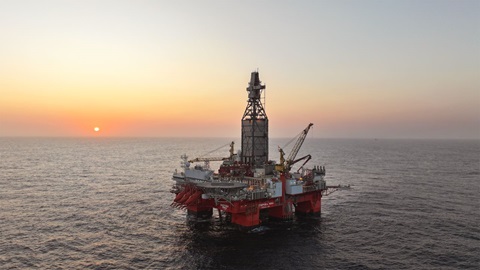Nigeria to rehabilitate oil refineries
Cabinet approval may reduce dependence on imports of refined fuel.
By Johan Burger

Nigeria has five refineries, excluding the soon-to-be-completed Dangote refinery. The federal government owns four through its controlling stake in the NNPC, who is responsible for regulating and developing the oil and gas sector. The fifth refinery is managed by the Niger Delta Petroleum Resources.
Together, the four NNPC-refineries can process 445,000 barrels of crude oil daily. However, they operated for years at less than 50% of their capacity before the NNPC shut them down, saying this was no longer sustainable. According to the Nigeria Natural Resource Charter, from 2009 to 2012 their capacity rarely exceeded 28%. In January 2017, it was at 36.7%, before falling to a low of 5.8% later in the year. In April 2019 it fell to zero, where it has stayed since July 2019.
The Cabinet recently approved the purchase of a 20% stake by state-owned Nigerian National Petroleum Corp (NNPC) in a refinery being built by Aliko Dangote at a cost of US$2.76bn. According to the NNPC, it will obtain a US$1bn loan from the African Export-Import Bank to finance its purchase of the stake in Dangote’s 650,000 barrel-a-day refinery. The financing arrangements for the rest of the purchasing price is unknown at this stage.
The Dangote refinery will be Africa’s biggest oil refinery and the world’s biggest single-train facility, upon completion in 2022, costing US$19bn at completion. The refinery will process several grades of light and medium crude to produce gasoline, diesel, jet fuel, and polypropylene. The integrated refinery and petrochemical project will generate 9,500 direct and 25,000 indirect jobs.
The Dangote refinery is expected to produce 10.4 million tonnes (Mt) of gasoline, 4.6Mt of diesel, and 4Mt of jet fuel annually. It will also produce 0.69Mt of polypropylene, 0.24Mt of propane, 32,000t of Sulphur, and 0.5Mt of carbon black feed annually. The Dangote project is expected to account for half of Africa’s 1.2 million barrels per day new capacity by 2026.
In addition, Cabinet also approved the rehabilitation of two other NNPC-controlled refineries in the cities of Warri in southern Nigeria and Kaduna in the north at a cost of US$1.48bn. These facilities will be operational in 33 months. The NNPC has already started to rehabilitate two refineries in the south-eastern city of Port Harcourt at a cost of US$1.5bn.
Nigeria is lagging in the development of its infrastructure. The condition of its four state-owned oil refineries has long been a topic of discussion in the country, with various voices raised in favour of the privatisation of these refineries. It has also been reported that the development of the private oil refinery by Dangote was in response to the poor condition of the state refineries.
The rehabilitation of the refineries and the building of the Dangote refinery will make a major contribution towards boosting the country’s GDP, creating more jobs, and allowing the government to tap into the benefits of import substitution. As it is, for most of the time during the past few decades Nigeria has been dependent on imports to meet its internal demands for refined petroleum products.
Additional readings:
Anon. 2021. Dangote Refinery, Lagos. NS Energy. 2021. Available at https://www.nsenergybusiness.com/projects/dangote-refinery-lagos/. Accessed 24 October 2021.
Awojulugbe, O. 2021. Factsheet: What you need to know about Nigeria’s ailing refineries and their perennial repairs. Africa Check. 14 April 2021. Available at https://africacheck.org/fact-checks/factsheets/factsheet-what-you-need-know-about-nigerias-ailing-refineries-and-their. Accessed 24 October 2021.
Bloomberg. 2021. Nigeria approves $15.4bn refinery, railway projects. Engineering News. 6 August 2021. Available at https://www.engineeringnews.co.za/article/nigeria-approves-154bn-refinery-railway-projects-2021-08-06/rep_id:4136. Accessed 24 October 2021.







